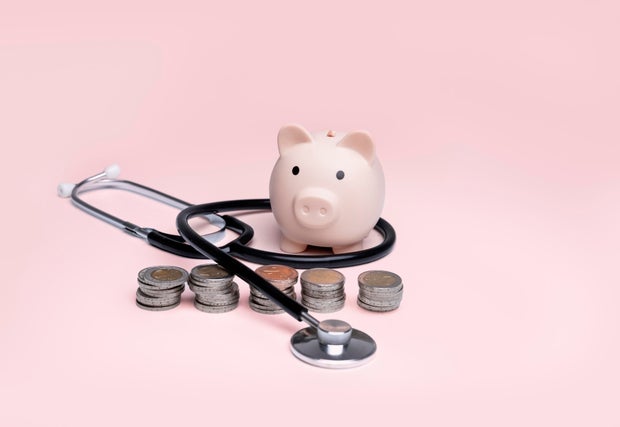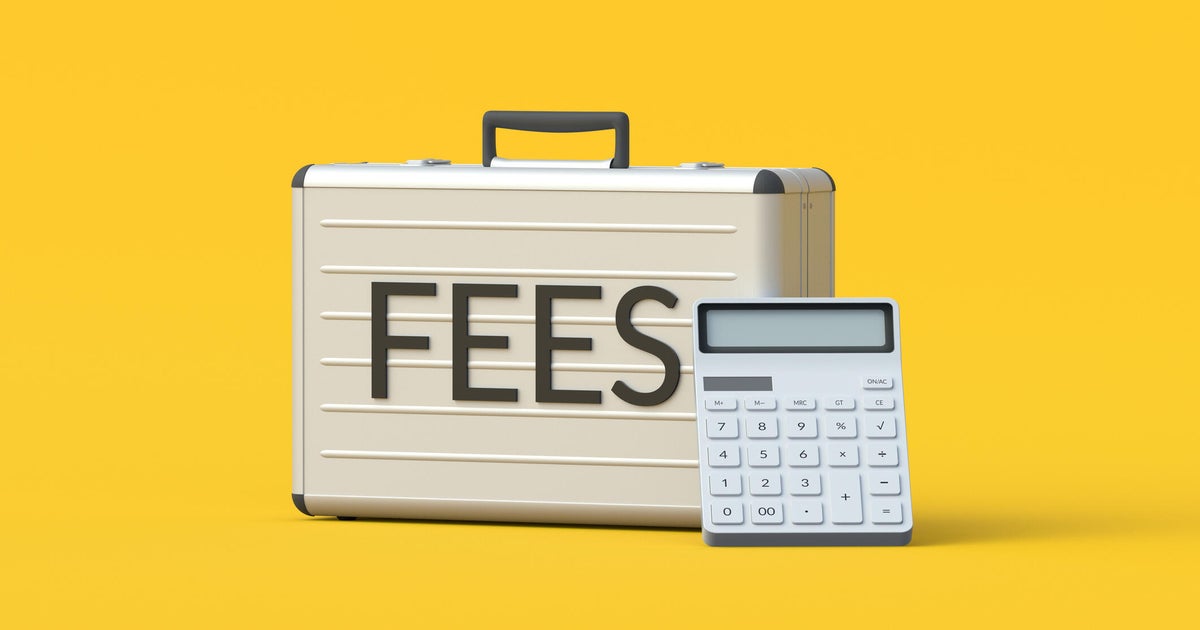Medical debt vs. credit card debt: Which one should you pay off first?
If you're trying (and failing) to fit both your mounting medical bills and compounding credit card balances into your budget, you're certainly not alone. Finances are tight for a lot of people right now, thanks to years of high inflation and elevated borrowing rates, making it tough for the average person to find room in their finances for their debt. As a result, about 12% of Americans had to borrow money last year to pay for healthcare, despite most having some form of health insurance, . The average cardholder also owes about $8,000 in credit card debt, further exacerbating the issue.
But when money's tight and you can't tackle everything at once, knowing which type of debt to prioritize — medical or credit card — can save you money and help protect your financial future. The conventional wisdom of "pay off high-rate debt first" doesn't always apply when medical debt enters the picture, however. Unlike credit cards, medical debt operates under different rules in terms of interest charges, payment options and how it affects your credit score. These distinctions matter when you're deciding where to direct your limited funds.
But here's what makes this decision even trickier: Both types of debt can spiral out of control if ignored and there are often different strategies you should use to tackle them. Understanding these nuances is crucial for making the right call on what type of debt to prioritize.
.
Medical debt vs. credit card debt: Which one should you pay off first?
When cash is tight and you're choosing between paying medical debt and covering your credit card, here's a breakdown of what to consider:
Credit card debt damages your credit faster
If your main concern is protecting your credit score, credit card debt should take top priority. That's because credit card activity gets reported to the credit bureaus every month, and missing even a single payment can ding your score quickly. High credit card balances also hurt your credit utilization ratio, a key factor in FICO scoring.
Medical debt, on the other hand, has a longer grace period. Most providers don't report unpaid bills to credit bureaus right away. And even when they do, the major credit bureaus have updated their policies to lessen the impact of medical debt. For example, debts under $500 no longer show up on credit reports, and there's now a 12-month waiting period before larger medical debts get reported.
.
Credit card debt compounds much faster
Credit card debt actively works against you every single day. Today's approximate 22% average credit card rate isn't just a number on your statement. It's compound interest that can quickly turn a manageable balance into one that you can't afford to pay, even if you don't spend another dime.
Credit cards also offer zero wiggle room on minimum payments. Miss one and you'll face late fees, penalty interest rates that can jump to 29.99% and immediate credit score damage. There's no negotiating with an algorithm, and credit card companies have zero incentive to work with you until you're already months behind.
So, it typically makes more sense to prioritize your credit card debt to keep the balance from growing — and keep the fees, penalty rates and credit damage at bay.
Collections risk is real for both — but faster for credit cards
Both medical and credit card debts can end up in collections, but credit card issuers are generally more aggressive and faster to act. If you miss a few payments, your account could be closed and sold to a third-party collection agency within months. That not only hurts your credit score but also opens you up to potential lawsuits, wage garnishments and fees and interest stacking on an already high balance.
Medical debt usually moves more slowly. Most providers wait several months and often send multiple notices before referring your bill to collections. This gives you time to explore payment assistance or negotiate a payment plan. And even if it does go to collections, the updated credit reporting rules may shield your score from immediate damage.
The bottom line
If you're trying to decide whether to pay off credit card or medical debt first, there's no universal answer that works for every person who's in debt. But, in general, prioritizing credit card debt makes more sense if you're trying to protect your credit score and avoid compounding interest charges. Credit cards report your payment behavior monthly, and interest compounds rapidly, so missing payments can lead to serious issues.
On the other hand, medical debt is often more forgiving — and more negotiable. If you're struggling with hospital or doctor bills, ask about financial assistance, payment plans or settlement plans. Ultimately, though, the best approach is to stay proactive with both types of debt. Ignoring either type can lead to serious consequences, but by understanding your options, you can start to take back control.




